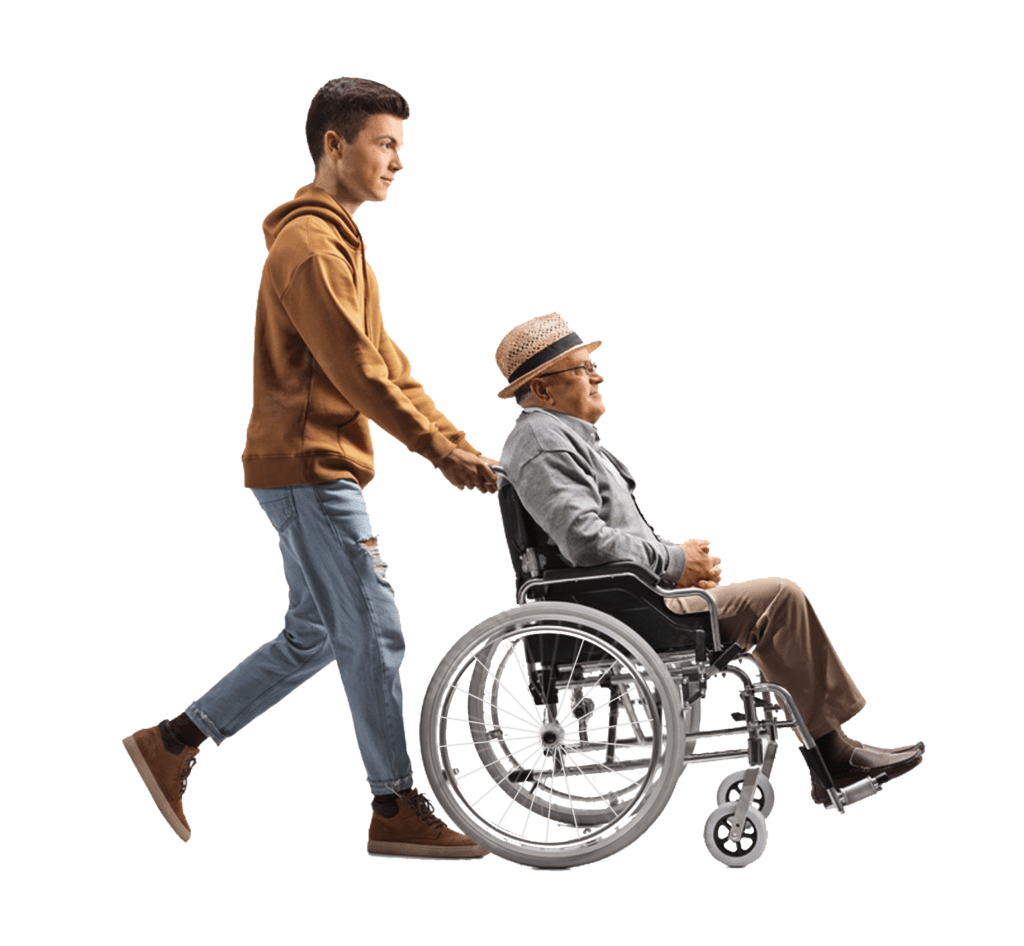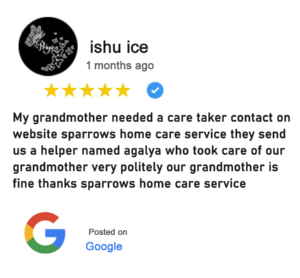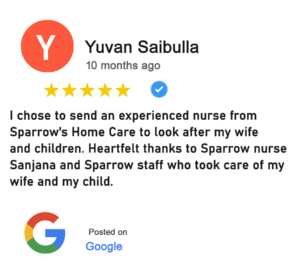
Home care Attender
In today’s fast-paced world, ensuring the well-being of our loved ones, especially the elderly and those with special needs, can be challenging. This is where a Home Care Attender steps in. These professionals provide essential support and care, allowing individuals to stay in the comfort of their homes while receiving the assistance they need.
In today’s fast-paced world, where time is of the essence and schedules are packed to the brim, home care has emerged as a crucial aspect of maintaining a balanced lifestyle. From ensuring the well-being of elderly family members to managing household chores efficiently, home care encompasses a wide array of responsibilities. In this comprehensive guide, we delve into the intricacies of home care, exploring its significance, challenges, and effective strategies.

Understanding the Role of a Home Care Attender
Duties and Responsibilities
A home care attender’s primary role is to assist with daily living activities. This can include helping with personal hygiene, meal preparation, medication management, and mobility support. They also provide companionship, ensuring that the individuals they care for do not feel isolated or lonely.
Essential Skills and Qualities
Being a home care attender requires a unique set of skills and qualities. Compassion, patience, and excellent communication skills are paramount. They must be detail-oriented, reliable, and possess a good understanding of healthcare practices.

Types of Home Care Attendants
Personal Care Attendants
These attendants focus on assisting with personal hygiene, dressing, and other activities of daily living. They ensure that their clients maintain their dignity and independence as much as possible.
Home Health Aides
Home health aides have a bit more training and can assist with medical tasks such as monitoring vital signs, administering medications, and providing basic medical care under the supervision of a healthcare professional.
Companions and Sitters
Sometimes, individuals do not need medical or personal care but rather companionship. Companions and sitters provide social interaction, accompany clients to appointments, and engage them in activities.
Specialized Caregivers
For those with specific needs such as Alzheimer’s, dementia, or mobility issues, specialized caregivers offer tailored support and care, ensuring the safety and well-being of their clients.

Benefits of Hiring a Home Care Attender
Home care attenders offer one-on-one attention, creating a personalized care plan that caters to the unique needs of each individual.
Staying at home in a familiar environment can significantly improve the quality of life for those needing care. Home care attenders make it possible for individuals to remain in their beloved homes.
Compared to nursing homes or assisted living facilities, home care services can be more cost-effective, especially when only part-time care is needed.
Knowing that a professional is caring for their loved one provides families with peace of mind, reducing stress and allowing them to focus on their own responsibilities.

6500+ happy Patients
"Join over 6,500 happy patients and discover exceptional care." "With over 6,500 satisfied patients, we demonstrate our dedication to delivering quality service."
What Our Customers say









How to Choose the Right Home Care Attender
Assessing Needs
Start by determining the specific needs of your loved one. Do they require medical care, personal assistance, or companionship?
Checking Credentials and Experience
Ensure that the attender has the necessary qualifications and experience. Certifications and training are crucial indicators of their capability.
Conducting Interviews
Interview potential attenders to gauge their compatibility with your loved one. It’s essential to find someone who can build a trusting relationship.
Seeking References
Ask for references from previous clients to get an understanding of the attender’s reliability and quality of care.
Training and Certification for Home Care Attendants
Many attenders undergo basic training programs that cover essential caregiving skills, including first aid, CPR, and personal care techniques.
Some attenders pursue advanced certifications in areas such as dementia care, palliative care, or medication management to enhance their expertise.
The healthcare field is constantly evolving, so ongoing education is important for home care attenders to stay updated on best practices and new developments.

Challenges Faced by Home Care Attendants
Physical and Emotional Strain
Caring for others can be physically demanding and emotionally taxing. Attenders often work long hours and must manage the stress associated with caregiving.
Balancing Multiple Clients
Many attenders care for multiple clients, requiring excellent time management skills to meet everyone’s needs effectively.
Navigating Family Dynamics
Working with families can sometimes be challenging, as different family members may have varying expectations and opinions on the care provided.
The Impact of Technology on Home Care
Telehealth and Remote Monitoring
Technology has revolutionized home care with tools like telehealth, allowing attenders to consult with healthcare professionals remotely and monitor clients’ health conditions in real-time.
Care Coordination Apps
These apps help attenders and families coordinate schedules, track medications, and communicate more effectively.
Assistive Devices and Smart Home Technology
From smart pill dispensers to home automation systems, technology aids attenders in providing safer and more efficient care.
Contact Us Today
Are you ready to experience the difference that Sparrows Home Care Service can make in your life or the life of a loved one? Contact us today to learn more about our services and discover how we can support you on your journey towards enhanced well-being and independence.
Legal and Ethical Considerations
Understanding Client Rights
Home care attenders must respect the rights of their clients, ensuring they receive dignified and respectful care.
Confidentiality and Privacy
Maintaining confidentiality is critical. Attenders must protect the privacy of their clients’ personal and medical information.
Handling Abuse and Neglect
It’s essential for attenders to recognize signs of abuse or neglect and take appropriate action to protect their clients.
Future Trends in Home Care
Increasing Demand for Home Care Services
As the population ages, the demand for home care services is expected to rise, creating more opportunities and challenges in the field.
Innovations in Care Delivery
Advancements in technology and care models will continue to shape the future of home care, making it more efficient and accessible.
Policy and Funding Changes
Changes in healthcare policies and funding can impact the availability and quality of home care services, highlighting the need for ongoing advocacy and support.
Conclusion
Home care attenders play a vital role in our society, providing essential support and care to those in need. As the demand for home care services continues to grow, these dedicated professionals will remain a crucial part of our healthcare system, adapting to new challenges and innovations.

